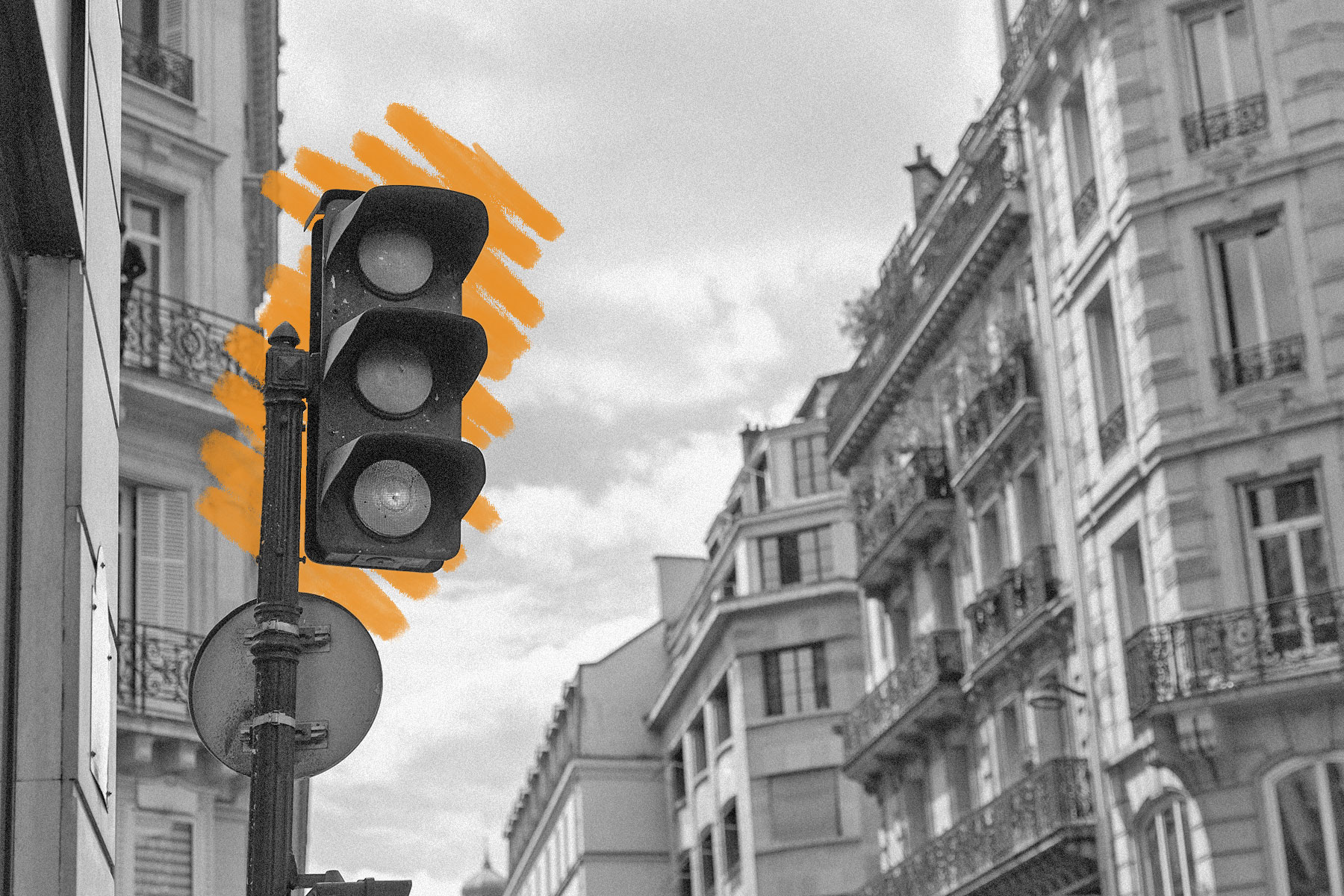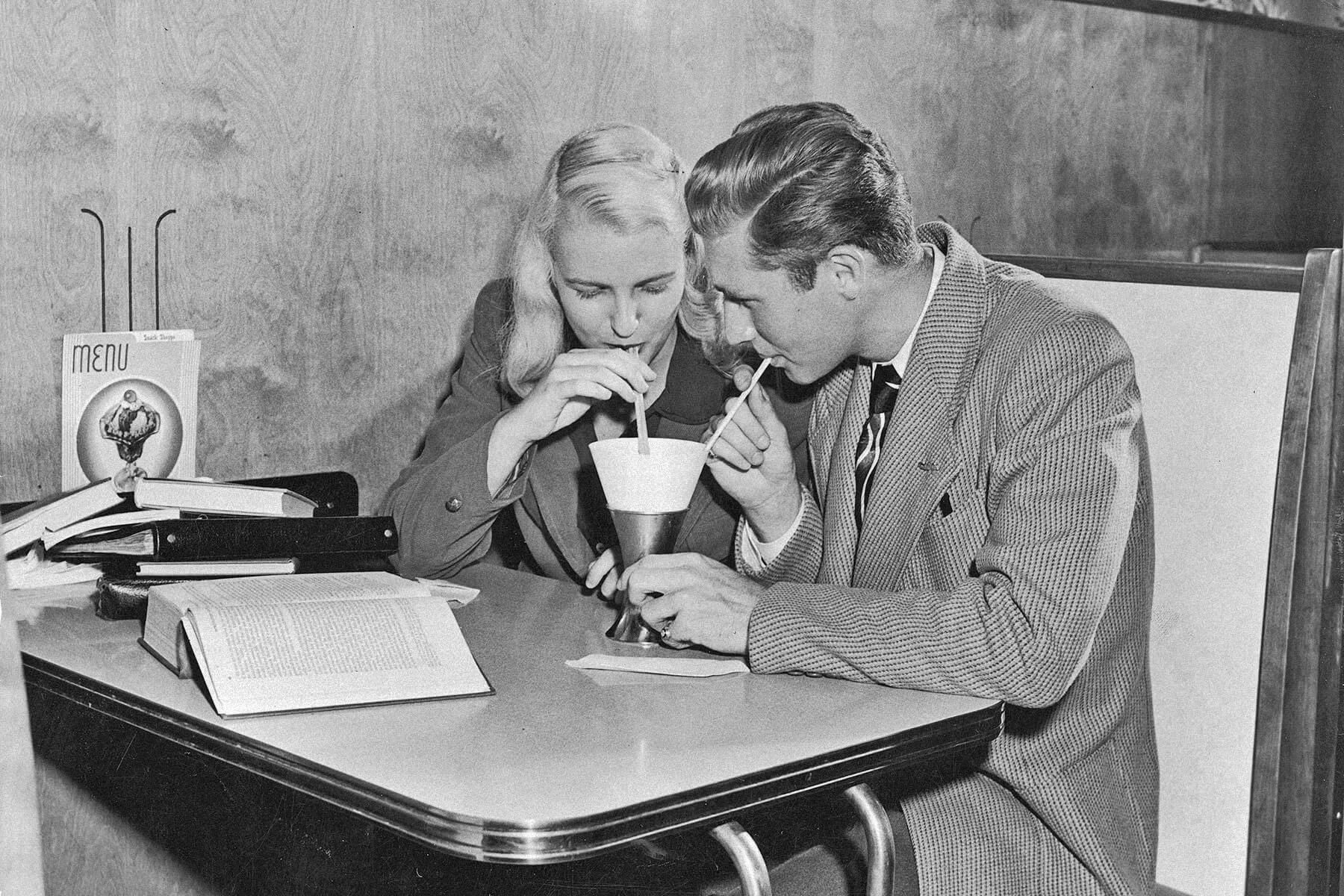 |
The first traffic light was illuminated with gas lamps. |
Science & Industry |
 |
| |
| After the plan received government approval, the first gas traffic light was installed in London on December 9, 1868, just outside the Houses of Parliament. This being Victorian England, it was ornately decorated, with a hollow cast-iron column adorned with gilding and acanthus leaves. Above the signal arms, an octagonal box with a pineapple finial contained red and green gas lamps. Automated lights were still several decades away, so the signal had to be manually operated by a police officer 24 hours a day. The light was successful at first, and drivers, for the most part, actually paid attention to it. But the very next month, a leaky pipe filled the hollow tower with gas and caused an explosion that severely injured the officer operating it. London didn't get traffic lights again until electric lights were installed in 1929. | |
 | |
 | |||
| |||
Pet Insurance Could Help You Offset Rising Veterinary Costs | |||
| Thank you for supporting our sponsors! They help us keep History Facts free. |
 | |||||||||
By the Numbers | |||||||||
| |||||||||
| |||||||||
 | |||||||||
| |||||||||
The first three-way traffic signal was invented in 1923. | |||||||||
| The first electric traffic lights typically went straight from red to green and green to red with no warning signal indicating how soon the light was going to change. A Detroit police officer introduced yellow lights to one intersection in 1920, but they were far from widespread. Two years later, another three-way traffic signal was invented by Garrett Morgan, a pioneering Black inventor from Cleveland, Ohio. Morgan had already created a lifesaving precursor to the gas mask and an improved sewing machine when he witnessed a carriage accident at a problematic intersection in Cleveland. Troubled by the incident, he created a T-shaped illuminated traffic signal that had a third setting that instructed traffic in all directions to stop, which served as a warning for drivers to fully clear the intersection and also gave pedestrians a chance to cross safely. The signal was influential and widely used, and Morgan made $40,000 from it, around $700,000 in today's dollars, when he sold the patent to General Electric. | |||||||||
 | |||
Recommended Reading | |||
 | |||
| | |||
 | |||
| | |||
| + Load more | |||
| |||||||||
| 700 N Colorado Blvd, #513, Denver, CO 80206 | |||||||||






Tidak ada komentar:
Posting Komentar